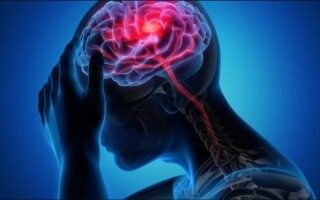
The group of researchers using brain scanning and tests identified a point in the middle of life when the cells of our brain begin to show the first signs of degeneration. According to the research involving 19,300 people, it was found that this age averages around 44 years when the decline begins, while the peak occurs at 67 years. By the age of 90, the rate of brain aging stabilizes.
Researchers from Stony Brook University in the USA found that the results obtained allow the identification of ways to improve brain health in later stages of life. Neuroscientist Lilian Mohika Parodi noted: "Understanding the timing and mechanisms of accelerated brain aging gives us strategic points for intervention."
The scientists also identified a potential main driver of this decline - neuronal insulin resistance. The results indicate that as our brains age, insulin exerts less influence on neuronal cells; that is, glucose is utilized less as an energy source, which causes a disturbance in brain signaling.
Parodi stated: "In the middle of life, neuronal cells are subjected to metabolic stress due to thermal insufficiency; they struggle, but remain viable." The introduction of alternative sources of energy during this critical period may assist in restoring functions. However, in later life, the starvation of neuronal cells over prolonged periods may lead to a series of other physiological consequences, making interventions less effective.
The researchers tested the hypothesis on a group of 101 people, who were given ketone supplements, which, as it seems, increased sensitivity to insulin in brain cells and prevented metabolic damage. After the introduction of ketone supplements, the acceleration of brain degeneration stabilized, with the greatest effect observed in those aged between 40 to 59 years in this case. This suggests that such treatment could be successful, but the timing will have decisive significance.














